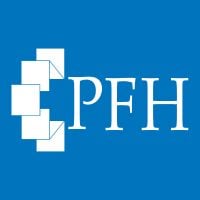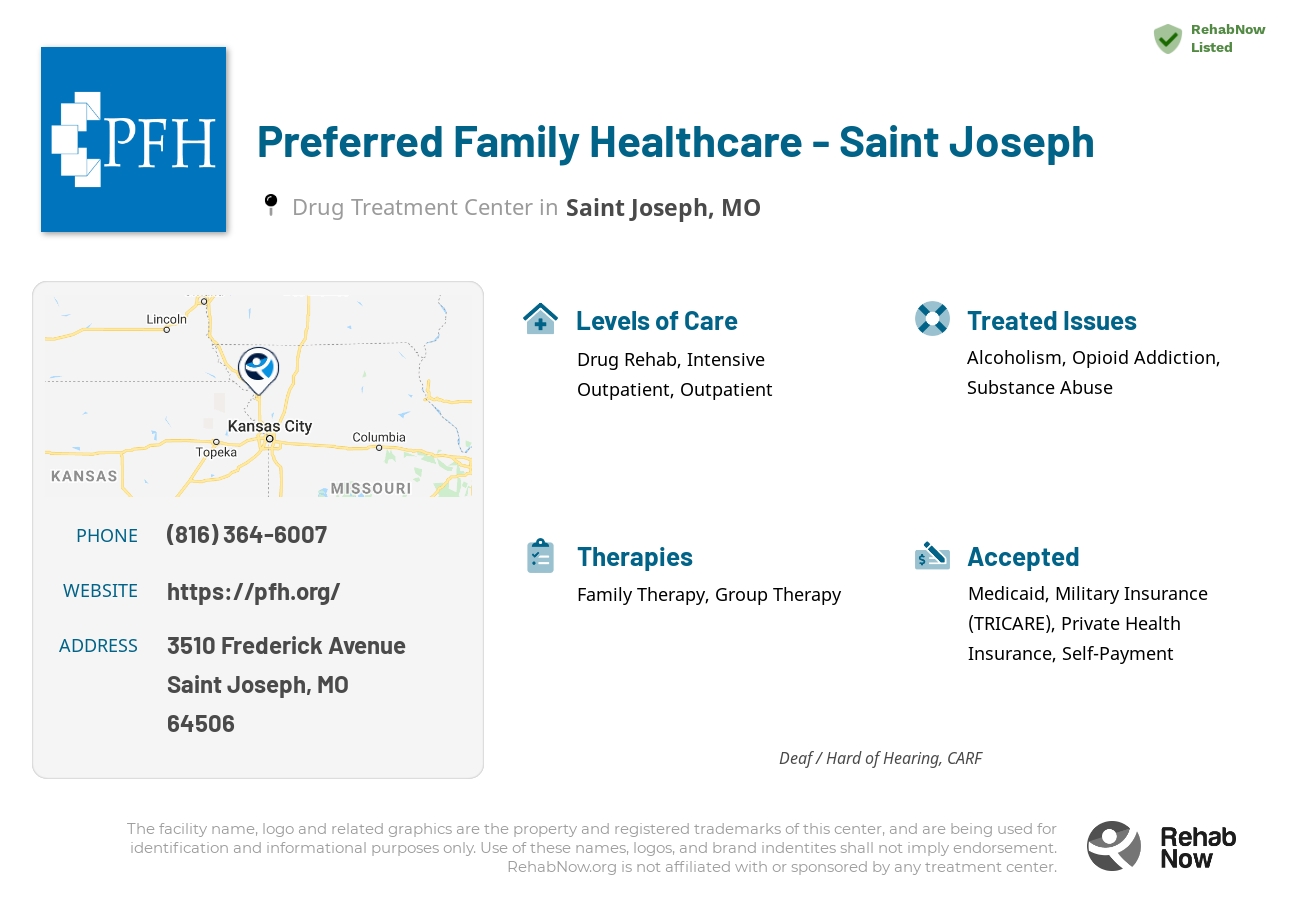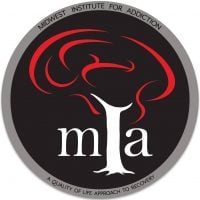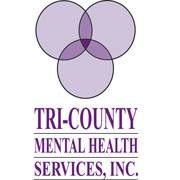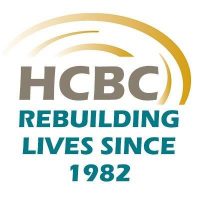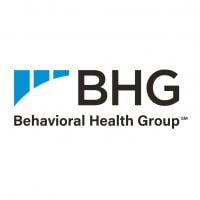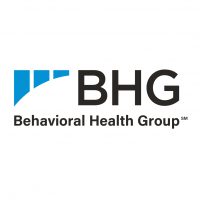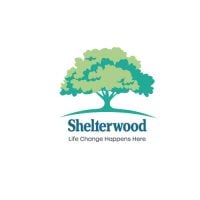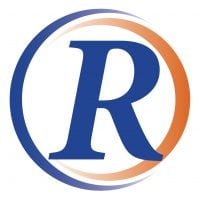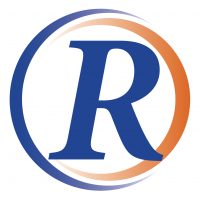Preferred Family Healthcare - Saint Joseph
Drug Rehab Center in Saint Joseph, Missouri
Saint Joseph's Preferred Family Healthcare is a CARF-accredited rehab center in Missouri offering a wide range of addiction treatment services including outpatient and residential programs, delivered by an experienced team of professionals to provide personalized care and support for individuals in their recovery journey.
About Preferred Family Healthcare - Saint Joseph in Missouri
Preferred Family Healthcare in Saint Joseph, MO, is dedicated to helping individuals overcome addiction to alcohol, drugs, and opioids. It stands out for its integrated approach to achieving overall health and wellness. With a robust focus on treating a variety of substance abuse issues, this private rehab is a beacon of hope for many seeking sobriety.
Accredited by CARF, Preferred Family Healthcare upholds high standards of quality in patient care. This facility is well-regarded for its comprehensive addiction treatment services, including both intensive and standard outpatient programs, as well as residential care. Accepting private health insurance, they make their programs accessible to a wider community.
- Accreditation by CARF assures patients of high-quality care based on rigorous care standards.
- Comprehensive addiction treatment, including alcoholism, opioid, and drug addiction, with tailored outpatient and residential programs.
- Support beyond treatment, offering aftercare to those transitioning back to daily life to ensure long-lasting recovery.
Preferred Family Healthcare - Saint Joseph takes a holistic approach towards treating alcoholism, opioid and drug addiction, and dual diagnosis conditions. With a blend of residential care, outpatient services, and aftercare support, they foster an environment conducive to long-term recovery.
Genders
Ages
Modality
Additional
Accreditations

CARF
The Commission on Accreditation of Rehabilitation Facilities (CARF) is a non-profit organization that specifically accredits rehab organizations. Founded in 1966, CARF's, mission is to help service providers like rehab facilities maintain high standards of care.
Conditions and Issues Treated
Substance abuse is the excessive use of any drug. This includes alcohol, medications, and illegal drugs. Substance abuse is treated with a combination of physical and mental treatments. Patients detox and follow up with therapies that target the underlying cause of the addiction. Substance abuse is a severe problem that can be successfully treated with a variety of therapies. Preferred Family Healthcare - Saint Joseph treatment uses a combination of therapies along with other resources to overcome substance abuse.
Opioid addiction treatment should be done in a medically supervised drug rehab. While taking opioids, users will typically use other substances to enhance the effects of opioids or to reduce the adverse effects of opioid use. Opioid addiction treatment will include detoxification and drug rehab counseling to help both the user and their loved ones learn how to live a successful sober lifestyle.
Treatments such as methadone, buprenorphine, and naltrexone are three medications that can help treat opioid addiction. These drugs work on the brain’s pleasure center and reduce cravings and the effects of illicit opioids such as heroin. These drugs can be either given orally or by injection. Individual drug rehab counseling sessions can be helpful to discuss any questions or concerns with the drug treatment program. This counseling will also help the user set goals for when they finish drug rehab.
Opioid addiction recovery is a long process. Many of the changes to the brain caused by opioid use cannot be undone, but with time and the proper treatment, a person can return to normal function. After detox, treatment will include drug rehab counseling and entering a halfway house or sober living community. Aftercare is critical to long-term recovery, as it helps the user avoid relapsing and entering back into drug rehab.
Levels of Care Offered
This center offers a variety of custom treatment tailored to individual recovery. Currently available are Aftercare Support, Drug Rehab, Intensive Outpatient, Outpatient, Residential, with additional therapies available as listed below.
Intensive outpatient treatment is a type of comprehensive addiction care. Unlike conventional residential treatment programs, the patients live at home during the recovery process. This means that one can continue working and caring for their families. These also allow people to keep pursuing their studies while also working on their sobriety.
Outpatient treatment can help one transition to normal life from the round-the-clock supervision and treatment available during inpatient treatment. It is an excellent tool to ensure long-term recovery. However, it is essential to note that intensive outpatient treatment in itself does not remove patients from the real-world setting. This means there’s always a higher risk of coming across environmental triggers. To further prevent relapse, an outpatient treatment center should be able to provide ongoing support services.
Once the patient is enrolled in an intensive outpatient treatment program, they will be expected to attend therapy and group meetings daily for a stipulated period. The frequency and duration of each session will depend on the patient’s needs and level of addiction. This can help curb the habit and deal with underlying issues that led to it. Most of these professional treatments are designed to allow patients to structure their daily schedules in a way that is conducive to recovery.
“Outpatient treatment is ideal for those who have a lower intensity addiction. It’s also suitable for those with a supportive environment and those on a tight budget.
Outpatient treatment can be considered the lowest intensity level of addiction treatment. It is ideal for early phase addiction or lower intensity addictions. It may involve weekly sessions instead of daily. Peer group support, 12-step programs, and individual counseling may still be used and anti-addiction medication.
Residential treatment programs are those that offer housing and meals in addition to substance abuse treatment. Rehab facilities that offer residential treatment allow patients to focus solely on recovery, in an environment totally separate from their lives. Some rehab centers specialize in short-term residential treatment (a few days to a week or two), while others solely provide treatment on a long-term basis (several weeks to months). Some offer both, and tailor treatment to the patient’s individual requirements.
Aftercare support is vital to those who have completed a drug or alcohol treatment program. This support comes in individual and family counseling, treatment of psychiatric and other medical conditions, and medications to reduce cravings. It helps recovering addicts adjust to normal day-to-day activities and can last for a year or longer.
The majority of drug and alcohol addicts who receive aftercare treatment do not relapse. It is estimated that without aftercare, the relapse rate will be between 70 to 90 percent for most people. Aftercare is the final stage in addiction recovery, but it will also help maintain sobriety if relapse does occur.
Therapies & Programs
No single treatment works for all addicts; therefore, the goal of treatment and therapy should be to find what works best for each individual. Some people requiring addiction treatment may only need a few weeks of inpatient care. Others will require long-term residential care. Tolerance and withdrawal levels vary from person to person and thus affect the intensity of the treatment needed.
If an individualized approach to treatment and therapy is not offered, addicts may fail to reap benefits from their efforts. Professionals must customize plans according to their patient’s needs, limitations, and strengths. The goal of all forms of addiction treatment should be for addicts to find healthy ways to cope with their addiction and its underlying causes.
The therapies usually include siblings, children, and parents who are involved in their daily lives. These sessions are vital because they address past issues that may have hampered an addict’s or alcoholic’s recovery and provide support at a crucial time!
One of the most critical aspects of family therapy is helping addicts’ loved ones see their situation in a new light. It’s also one of the most challenging things a family can do when a loved one struggles with addiction or alcoholism.
Group therapy is held in a safe, controlled setting where patients can feel comfortable sharing their struggles and gaining perspective through shared conversations. It takes place in a group rather than one on one to prevent feelings of isolation or being unique in their situation while creating an environment for addicts at Preferred Family Healthcare - Saint Joseph to develop fellowship, accountability, and support. Group therapy is an important tool in recovery that prevents cravings that prompt a return to active addiction.
Life skills training is beneficial for addicts in recovery because it helps them learn how to take care of themselves and improve their quality of life, which can promote feelings of purpose and motivation.
This type of treatment works by teaching individuals life-enhancing skills that support positive living, including:
- Healthy lifestyle habits
- Skills to effectively manage stress
- Effective communication skills to help them get their needs met without turning to drugs or alcohol
- Money management and budgeting skills so they can continue to take care of themselves after treatment ends.
Payment Options Accepted
For specific insurance or payment methods please contact us.
Is your insurance accepted?
Ask an expert, call (888) 674-0062
Preferred Family Healthcare Associated Centers
Discover treatment facilities under the same provider.
- Preferred Family Healthcare - Bridgeway Behavioral Health - Dunnica in Saint Louis, MO
- Preferred Family Healthcare - Champion Center in Springfield, MO
- Preferred Family Healthcare - Carol Jones Recovery Center in Springfield, MO
- Preferred Family Healthcare - Bridgeway Behavioral Health - Saint Charles in Saint Charles, MO
- Preferred Family Healthcare - Adolescent in Saint Louis, MO
Learn More About Preferred Family Healthcare Centers
Additional Details
Specifics, location, and helpful extra information.
Saint Joseph, Missouri 64506 Phone Number(816) 364-6007 Meta DetailsUpdated April 15, 2024
Staff Verified
Preferred Family Healthcare - Saint Joseph Patient Reviews
There are no reviews yet. Be the first one to write one.
Saint Joseph, Missouri Addiction Information
Opioid-related overdoses in Missouri have been increasing steadily for the past three decades. In 2018, more than 1,130 people in Missouri died from opioid abuse. Methamphetamines and marijuana abuse have surpassed opioid abuse in Missouri. Missouri is the number 1 methamphetamine manufacturer in the country with more than 27 meth labs per 100,000 people.
The drug addiction problem in Saint Joseph, Missouri, is not as bad as in some other parts of the country, but it is still a major issue. Many people in Saint Joseph struggle with addiction to drugs or alcohol. Thankfully, there are several different drug and alcohol rehab centers in Saint Joseph that can help people get sober and start living healthy, productive lives.
Treatment in Nearby Cities
- Chesterfield, MO (239.6 mi.)
- Macon, MO (124.4 mi.)
- Canton, MO (203.6 mi.)
- Mount Vernon, MO (192.6 mi.)
- Lees Summit, MO (64.2 mi.)
Centers near Preferred Family Healthcare - Saint Joseph
The facility name, logo and brand are the property and registered trademarks of Preferred Family Healthcare - Saint Joseph, and are being used for identification and informational purposes only. Use of these names, logos and brands shall not imply endorsement. RehabNow.org is not affiliated with or sponsored by Preferred Family Healthcare - Saint Joseph.
